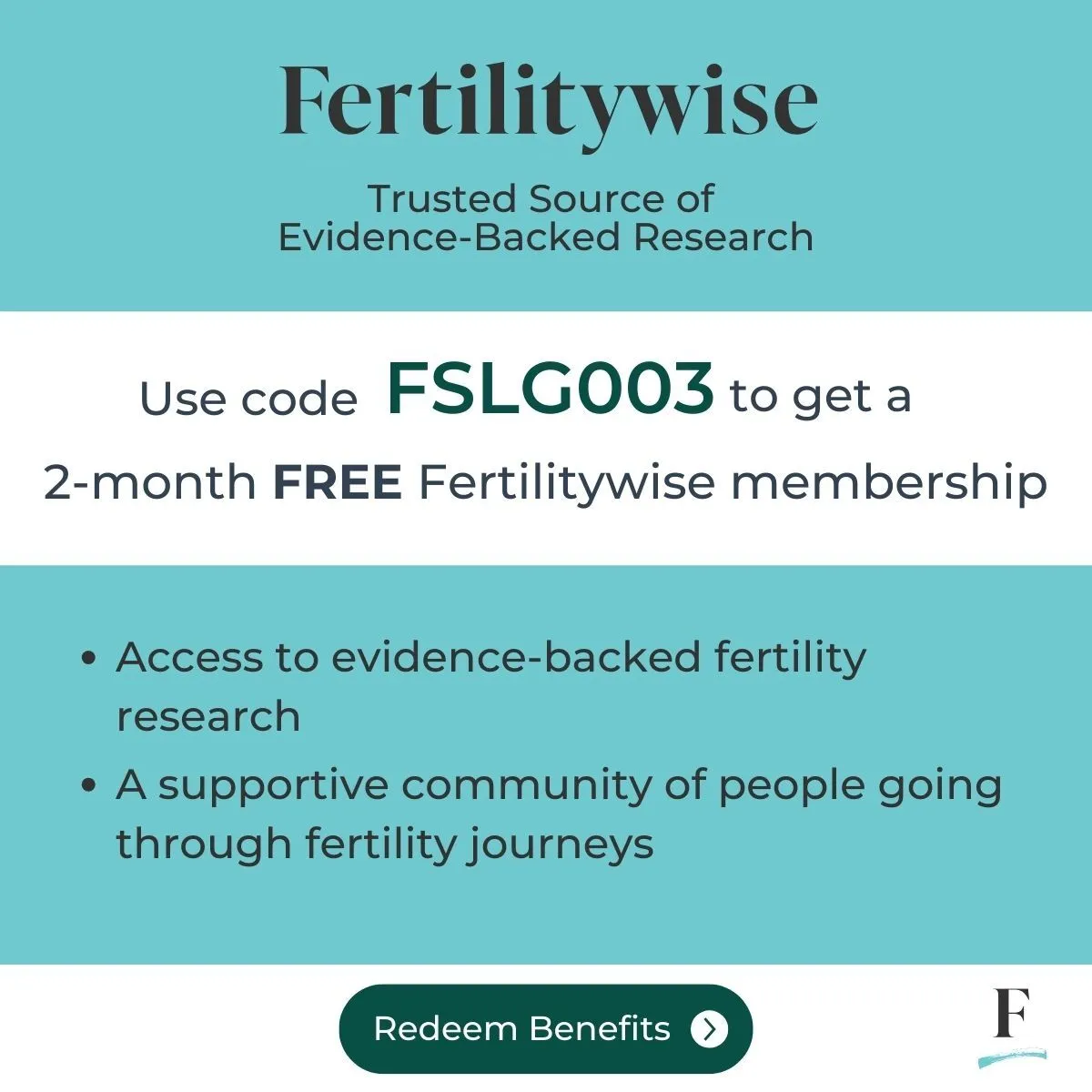Deciding to become an egg donor is a deeply personal journey. For many, it’s a chance to help others build a family while earning financial support. But it’s not a simple choice—it involves medical procedures, legal agreements, and emotional questions about what it means to share your genetics with a child you may never know.
This article breaks down the realities: the rewards, the risks, and everything in between. Let’s explore what egg donation truly looks like, so you can make a decision that’s right for you.
Key Takeaways
- Process Requires Commitment: The egg donation process involves rigorous screenings, hormone injections, and a minor surgical procedure, spanning 6–8 weeks.
- Balanced Rewards and Risks: While donors gain financial compensation and personal fulfillment, they face physical risks like ovarian hyperstimulation syndrome (OHSS) and emotional challenges tied to genetic offspring.
- Legal Clarity Is Critical: Binding contracts govern parental rights and compensation terms, with jurisdictional rules varying widely. Always review agreements with a lawyer.
- Compensation and Ethical Standards: Donors typically receive $5,000–$10,000 per cycle on average, depending on market demand and qualifications. ASRM guidelines – an informal ethical benchmark – state compensation “should be fair” and not used as “an undue enticement” that will lead prospective donors to discount risks..
The Egg Donation Process
Understanding the egg donation process can help you prepare for what to expect. Here’s a detailed breakdown of the steps:

1. Screening Process
This initial step ensures you’re a suitable candidate for being an egg donor. It includes physical exams, blood tests, and psychological evaluations. Clinics assess your medical history, lifestyle, and genetic background to ensure compatibility and safety. According to research, about 10% to 15% of applicants pass the rigorous screening process.
2. Egg Donation Agreement
A crucial step where you sign a legal egg donation contract with the intended parents. This agreement covers confidentiality, parental rights, and compensation details.
3. Egg Donation Cycle Preparation
Once approved, you’ll begin taking fertility medications to stimulate egg production. Regular ultrasounds and blood tests monitor your hormone levels and follicle growth.
4. Egg Retrieval Procedure
The retrieval is performed under sedation and takes about 20–30 minutes. A needle guided by ultrasound collects the eggs from your ovaries.
5. Recovery
Post-procedure, you’ll need to rest for a day or two. Most donors resume normal activities within 48 hours.
Benefits of Donating Eggs
Below are some key benefits of becoming an egg donor that can make the experience worthwhile:
Helping Others Start a Family
One of the most rewarding aspects of being an egg donor is helping intended parents fulfill their dream of starting a family. Your contribution has a lasting impact on their lives. For many, the emotional reward of knowing they helped create a family is invaluable.
Financial Compensation
So, how much can you get paid for donating eggs? While amounts vary, they often range from $5,000 to $10,000 per cycle, depending on the donor program and location. This compensation recognizes the commitment and dedication required throughout the process.
Personal Fulfillment
Many donors find the experience emotionally fulfilling. Knowing you’ve made a difference in someone’s life can be deeply satisfying. It’s an opportunity to contribute to something greater than yourself.
Medical Insights
The screening process provides detailed information about your reproductive health. You will gain insights into your fertility and overall health that might otherwise go unnoticed.
Pros and Cons of Being an Egg Donor
| PROS | CONS |
| ✅ Help Others: Give intended parents the chance to start a family. | ❌ Physical Risks: Short-term side effects (bloating, mood swings) and rare complications like OHSS. |
| ✅ Personal Fulfillment: Experience the joy of making a life-changing contribution. | ❌ Emotional Impact: Complex feelings about genetic offspring you may never meet. |
| ✅ Financial Compensation: Earn $5,000–$10,000 per cycle. | ❌ Time Commitment: 4–6 weeks per cycle for appointments and recovery. |
| ✅ Medical Insights: Learn about your reproductive health through screenings. | ❌ Legal Complexity: Requires navigating contracts and relinquishing parental rights. |
Legal Considerations for Egg Donors

1. Compensation and Ethics Guidelines
Egg donor compensation is determined by market demand, donor qualifications (e.g., education, ethnicity, or rare genetic traits), and geographic location.
Most clinics and agencies offer $5,000–$10,000 per cycle, though compensation can exceed this range for donors with high-demand traits or in competitive regions.
While formal caps no longer exist, some clinics still follow the ASRM/SART’s former $10,000 ethical benchmark to prevent financial coercion.
2. Parental Rights
Relinquishment of Rights:
- Egg donors waive all legal rights to offspring through binding contracts.
- Legal parenthood is granted to the intended parents or gestational carrier, even if the donor’s genetic material is used.
Exceptions:
- Disputes are rare but can arise from poorly drafted contracts or jurisdictional loopholes.
3. Legal Agreements
All egg donors must sign a donor contract outlining:
Compensation Terms:
- Payment amount, timing, and conditions (e.g., partial payment if a cycle is canceled).
Confidentiality:
- Whether the donation is anonymous or open.
Medical Liability:
- Clarification of who covers costs for complications (e.g., OHSS, infections).
Genetic Material Ownership:
- Explicit transfer of rights to eggs and any resulting embryos.
4. Jurisdictional Variations
Egg donation involves navigating complex legal agreements and jurisdictional standards. Below are key legal factors to understand before committing to egg donation:
| Regions | Compensation Rules | Parental Rights |
| United States | Payment allowed; no federal caps. Clinics often follow former ASRM/SART guidelines. | Donors forfeit rights via enforceable contracts. |
| Canada/UK | Only reimbursements for expenses (e.g., travel, medical costs). | Strict legal separation between donors and offspring. |
| European Union | Most countries ban financial compensation and only allow medical expense reimbursements. | Donors are typically anonymous with no parental claims. |
5. Protecting Yourself Legally
Independent Legal Counsel:
- Hire a lawyer specializing in reproductive law to review contracts. Do not rely on clinic-provided attorneys.
Clinic Vetting:
- Choose clinics accredited by SART or adhering to ASRM ethics guidelines, even if compensation rules are no longer binding.
Understand Risks:
- Ensure contracts address liability for medical complications, confidentiality breaches, and future contact with offspring.
Final Thoughts
Donating your eggs is a profound act of generosity, but it’s crucial to prioritize your physical, emotional, and legal well-being. By understanding the pros and cons of being an egg donor, vetting clinics thoroughly, and securing expert guidance, you can embark on this journey with confidence.
If you’re considering egg donation, consulting a reproductive lawyer can help you navigate agreements seamlessly. Contact us today to discuss your options.
Key Legal FAQs
Q: Can I be held legally responsible if a child born from my donation has health issues?
A: No. Donors are protected from liability if they fully disclosed their medical history during the screening process. Contracts explicitly absolve donors of responsibility for genetic conditions.
Q: Are egg donors ever considered legal parents?
A: No. Properly drafted contracts ensure you forfeit all parental rights. Exceptions are extremely rare and typically tied to fraud or legal loopholes.
Q: What happens if the fertility clinic breaches our contract?
A: Contracts outline dispute resolution steps (e.g., arbitration). Ensure your legal agreement includes remedies for clinic negligence, and consult a lawyer if issues arise.
Q: Can my eggs be used for purposes other than conception (e.g., research)?
A: Your donor contract must specify permitted uses. Unauthorized use (e.g., research) violates the agreement and entitles you to legal action.
Q: Are there legal risks if I donate internationally?
A: Yes. Countries have differing laws on parental rights, compensation, and contract enforceability. Always consult a lawyer familiar with the destination’s reproductive laws.

Rich Geisler is the principal and founder of Fertility & Surrogacy Legal Group, leveraging over a decade of expertise in fertility and third-party reproduction law to help clients worldwide build their families. A dedicated advocate and trusted advisor, Rich is an active member of the American Bar Association and a fellow in the Academy of Adoption and Assisted Reproduction Attorneys.


